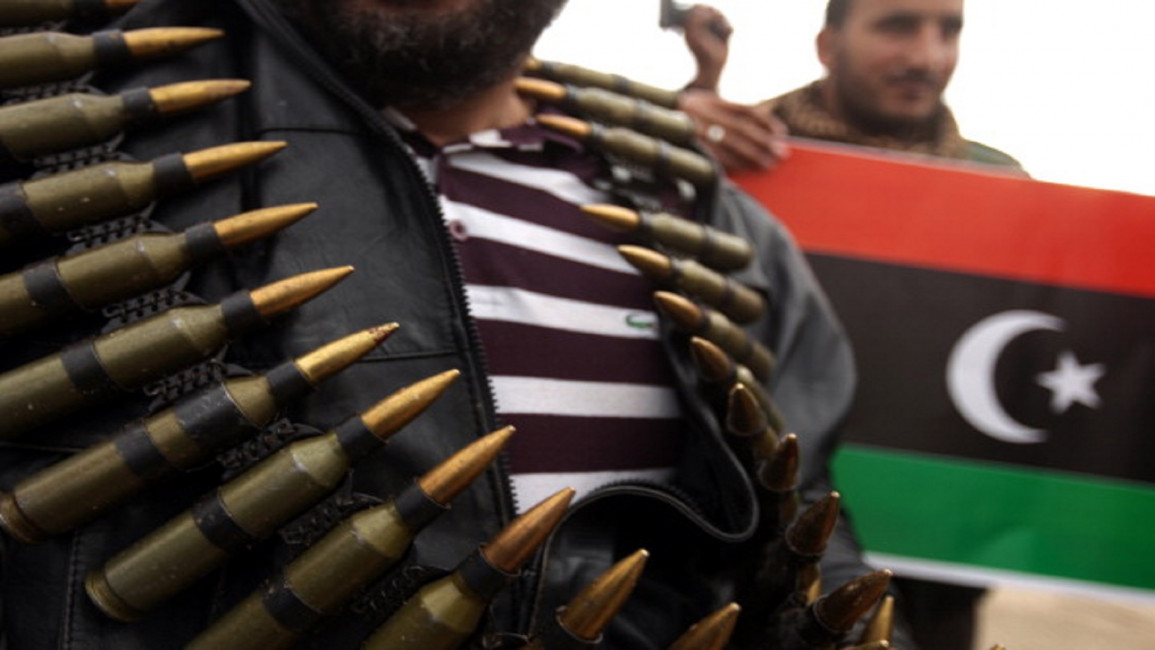Libya: Chaos deepens as parliament rejects court ruling
Libya's elected parliament on Thursday rejected a supreme court ruling nullifying it, saying the decision was taken "under the threat of arms" as the court sits in Tripoli, which is under the control of rival Islamist militias.
"The House of Representatives rejects the verdict under these conditions, saying that it is still functioning, as is the government," lawmaker Adam Abu Sakhra said.
The internationally recognised legislature said it was elected on June 25 by the people in "free and credible" polls and therefore would not disband, Abu Sakhra said on Libya Awalan television.
Two governments
Libya has two rival governments and parliaments struggling for power and control of its oil resources.
The internationally recognised government is in charge of a rump state in the east, whose parliament operates out of a hotel in the city of Tobruk.
The western part of the country is controlled by militias with Islamist links who call themselves "Operation Dawn". They seized the capital, Tripoli, in August, reinstating the previous parliament and established its own government.
Supreme court chief Kamal al-Dahan said the verdict, in response to a petition by an Islamist lawmaker, could not be appealed against and nullified all decisions that resulted from the June election.
The ruling could plunge Libya into further chaos and violence and cement the divide between Islamists and nationalist militias - and their political backers - vying for power in the oil-rich country.
The court ruling prompted celebratory gunfire in Tripoli, an AFP correspondent said.
Most of Tripoli, like second city Benghazi in the east, fell under the control of Islamist militias after fierce fighting in the summer.
Citing security concerns, the elected parliament took refuge in the remote eastern town of Tobruk, along with the internationally recognised government of Prime Minister Abdullah al-Thani.
The UN mission in Libya, which has been trying to broker a political deal to end the violence, said it would study the court ruling closely.
Fierce fighting in Benghazi
The supreme court ruling followed intense clashes between pro-government militias and Islamist fighters in Benghazi that have killed more than 30 people in the past three days, according to medics.
Witnesses have described the fighting, which included heavy shelling, as among the fiercest since former general Khalifa Haftar launched a new government-backed offensive on the eastern city in October.
US sanctions?
Islamist militias, including fighters from the radical Ansar al-Sharia group, took near total control of Benghazi in July.
Ansar al-Sharia is blacklisted by Washington as a terrorist group for its alleged role in a deadly 2012 attack on the US consulate in Benghazi.
France, Britain and the United States on Tuesday asked a Security Council committee to add the group to a UN terror list for its ties to Al-Qaeda.
The United States is also considering imposing sanctions on Libya's factions to prevent the country from descending into full blown civil war and to force militant leaders to negotiate, the Reuters news agency quoted US officials as saying.
Three years after the former Libyan dictator Muammar Gaddafi was ousted and killed in a 2011 NATO-backed revolt, Libya is awash with weapons and powerful militias and is run by rival governments and parliaments.



